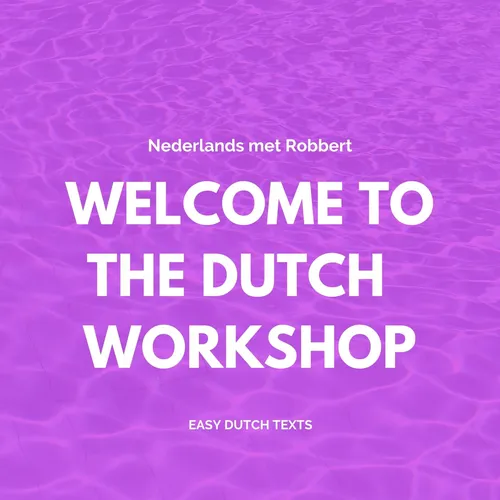Geluk (DIR)
- Author
- Robbert Veen
- Published
- Mon 24 Jun 2024
- Episode Link
- https://www.spreaker.com/episode/geluk-dir--60486264
Ruut Veenhoven, researcher of happiness.
'Money doesn't make you happy, freedom does.
'We are damn happy; partly because of the highly varied and challenging job market.'
Ruut Veenhoven, who works at Erasmus University Rotterdam, has been researching happiness worldwide for 30 years. From his World Database of Happiness, he concludes that we owe our happiness mainly to the multiple-choice society. 'That forces us to think about what brings the most happiness. Some people put too much in the basket of career.'
You said in an interview that career does not affect happiness. That seems like a bold statement.
'By that, I mean career in the sense of getting higher. Happiness is about being happy. You don't have to spend all your time in boardrooms for that. You do see that people in higher-status professions are slightly happier, but that is probably due to the freedom they have. The correlation between money and happiness is extremely small. In people who get more money, you see a short-term upswing, but after a year that extra happiness is gone. In a poor country, of course, a pay rise does have more effect than here.'
You call that the law of diminishing returns to capital.
'Yes, if you look at a graph of average happiness in countries, you first see it increasing with income, but then it flattens out. You hardly see the happiness difference between rich and very rich.'
Many people do not feel happy in their jobs. It is boring or they suffer from stress, annoying colleagues or an incompetent boss. What would you recommend to those people?
'In certain professions, people are less happy on average; this is mainly in self-control. It could also be that as a person you don't fit into that profession. Then it's better to do something else. Another possibility is that it is in you; that you become unhappy in every job because you are a neurotic. Then quitting your job won't help, because you will take the misery with you. Then visit the RIAGG; and if that doesn't help: too bad.
'If you don't love your job and you see no alternative, you should seek compensation as much as possible. Work a little less or do fun things. After all, happiness is the balance between positive and negative feelings.'
Isn't the pursuit of happiness a hype? It seems driven by commerce with its dream images in advertising. Shouldn't we instead find happiness in intangibles?
'Advertising tries to link consumer goods to happiness, with pictures of smiling people. You can't believe your luck with all those detergents! But few people think washing powder makes you happy.
But surely many people tend to repress their sadness or discontent by shopping?
'Yes, but happiness research shows that the link with material goods is limited. Having your own house or a car does matter. I think the interest in happiness is not so much fuelled by capitalism, but rather structural. When major problems like poverty and oppression are gone, people wonder what else can make them happy.
'Society is increasingly evolving into a multi-choice society; choices are less and less prescribed by family or church. In all these choices, people ask themselves what will make them happiest. In the past, for example, you could have children too soon. The pill made conscious choice possible. Incidentally, research shows that having children makes you slightly less happy; it's all about the balance between pros and cons.'
So money and children don't make you happy. So what does?
'There is a debate among a number of economists about what makes you happy. There is a current that says: friendship, love and family, so we should work a little less. I believe there is some truth in that. Some people put too much in the career basket. That makes them vulnerable when work slows down. It is always wise to keep a reasonable mix.
'But people...
